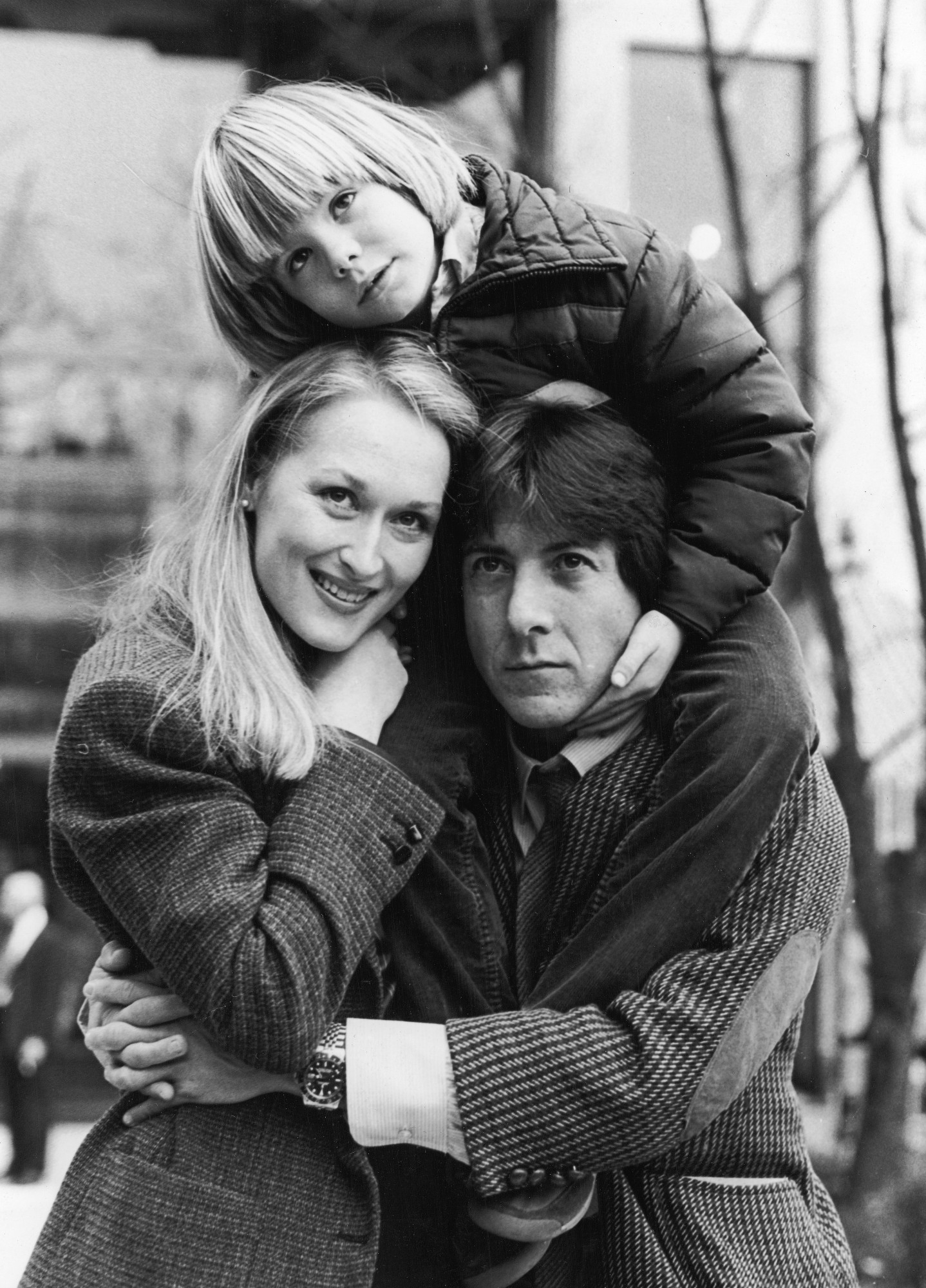Nostalgic America
The 10 Most Influential Films of the 1970s
By Bruce Berns · November 12, 2024

This definitive collection of 1970s masterpieces showcases groundbreaking performances from legends like Jack Nicholson, Dustin Hoffman, and John Travolta, while highlighting the innovative directors who weren't afraid to challenge the status quo.
Whether exploring mental health, political corruption, or social change, these films captured the raw essence of a decade marked by cultural upheaval and artistic freedom. Getty Images / Nostalgic America, Inc.
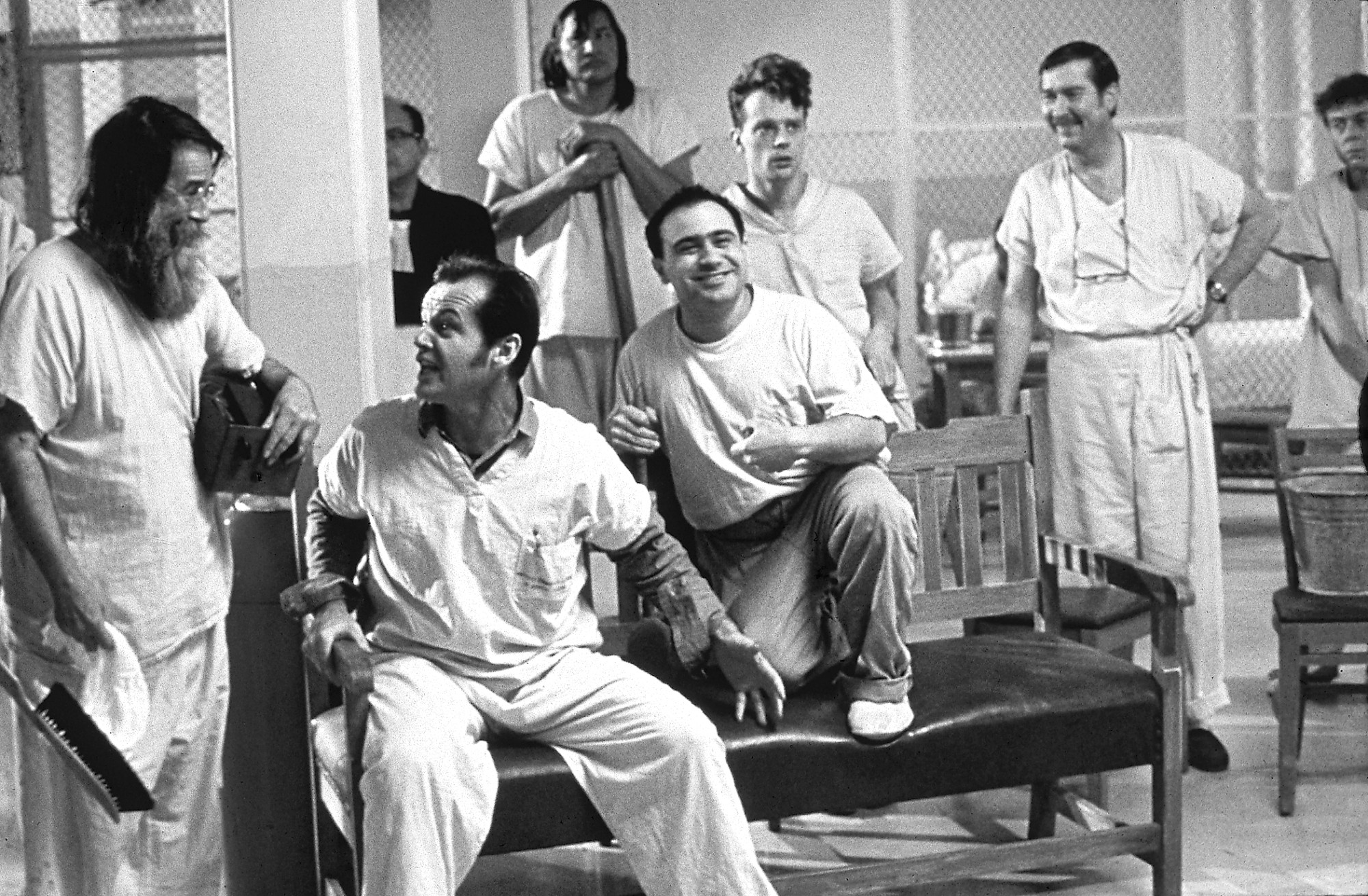
One Flew Over the Cuckoo’s Nest (1975)
Jack Nicholson and Louise Fletcher co-star in Miloš Forman’s One Flew Over the Cuckoo’s Nest, a dark drama set in an Oregan mental institution in which a patient (Nicholson) is at the mercy of the tyrannical Nurse Ratched (Fletcher)Jack Nicholson and Louise Fletcher co-star in Miloš Forman’s One Flew Over the Cuckoo’s Nest, a dark drama set in an Oregan mental institution in which a patient (Nicholson) is at the mercy of the tyrannical Nurse Ratched (Fletcher) and leads a rebellion of his fellow patients against her. Based on Ken Kesey’s 1962 novel, the film exists as a celebrated anti-conformity metaphor; while Roger Ebert points out in a glowing 2003 re-review it over-simplifies the solutions to mental illnesses, that’s not really the point “because it has no interest in being about insanity,” Ebert wrote. “It is about a free spirit in a closed system.” Getty Images / Nostalgic America, Inc.
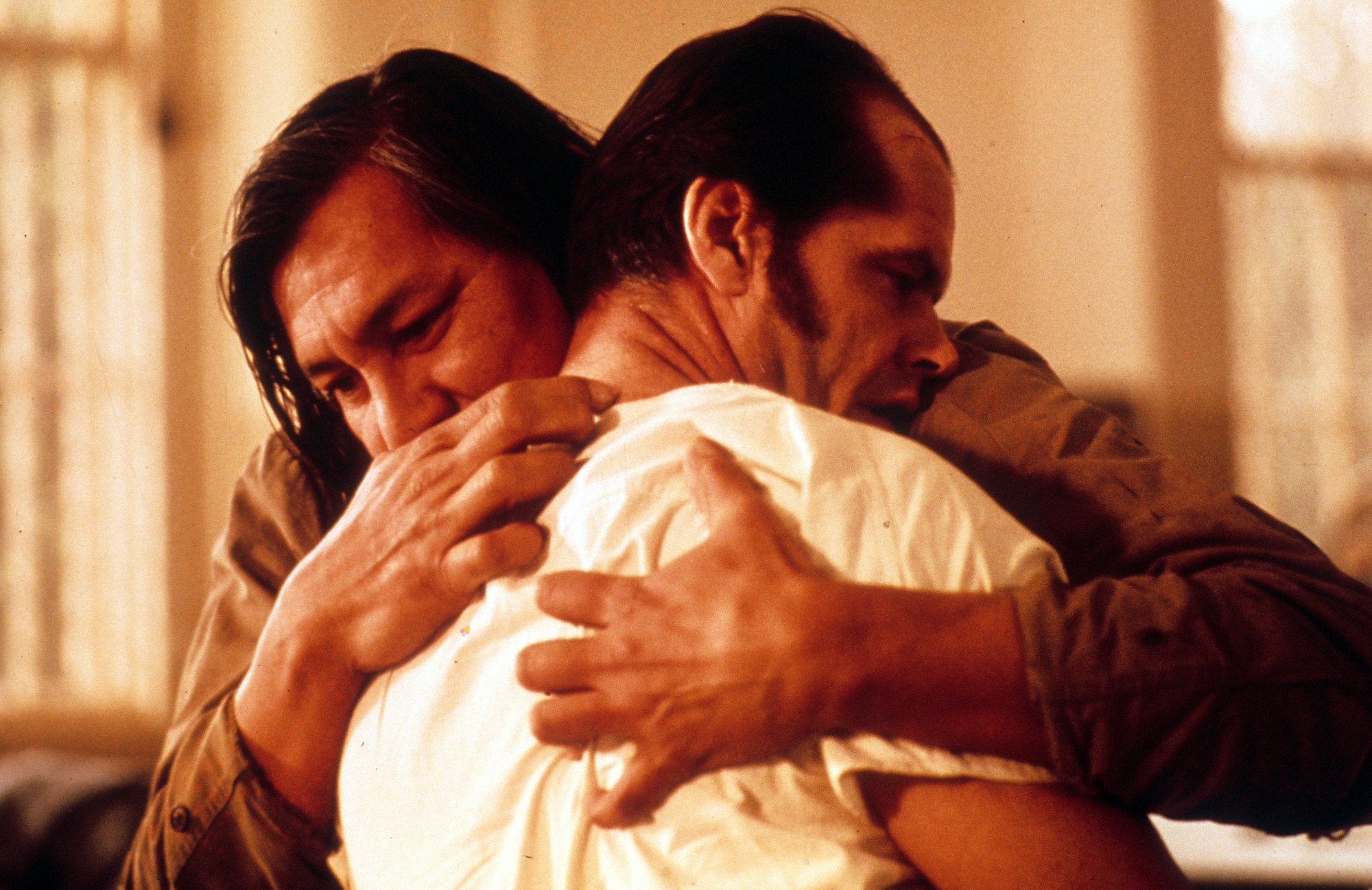
Amusing Notes from Michael Douglas - who produced the film
Amusing to note: The movie was filmed on location at the Oregon State Hospital, a legitimate working mental hospital. In exchange for letting the filmmakers use the location and the actors to shadow real patients for research, hospital patients had to be made part of the movie’s crew. In a 2017 article for The Guardian, actor Michael Douglas, who produced the film, commented: “We ended up with a number [of patients] working in different departments. I didn’t realize until later that many of them were criminally insane. We had an arsonist working in the art department.” Getty Images / Nostalgic America, Inc.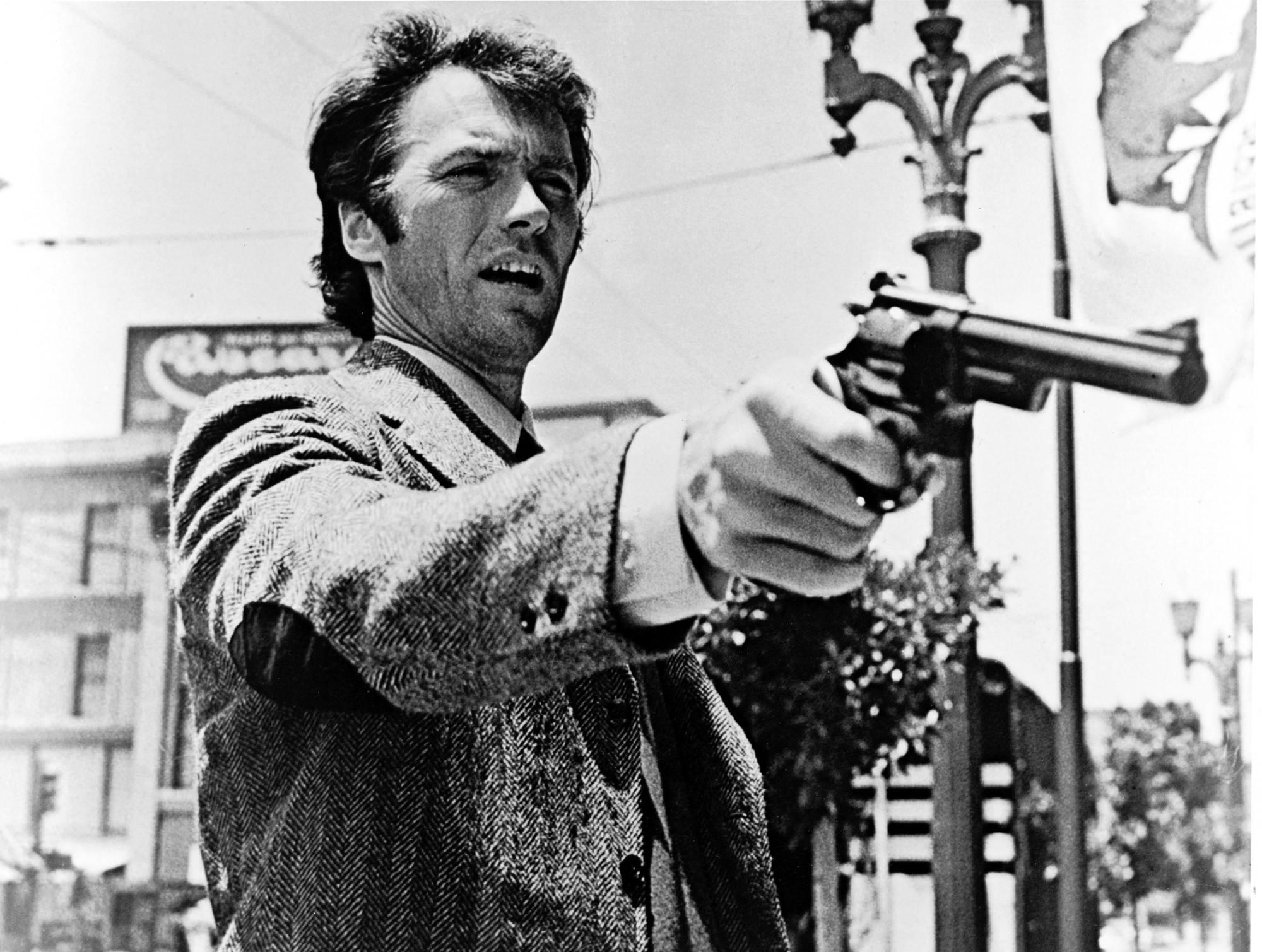
Dirty Harry (1971) ©Warner Bros.
With the dissolution of the Hays Code by 1968, Clint Eastwood emerged, .357 Magnum in hand, with Dirty Harry in 1971. Directed by Don Siegel, the film stars Eastwood as crooked San Francisco cop “Dirty” Harry Callahan, arguably cinema’s definitive antihero over his dogged determination to uphold the law that ironically leads him to frequently bend it. Getty Images / Nostalgic America, Inc.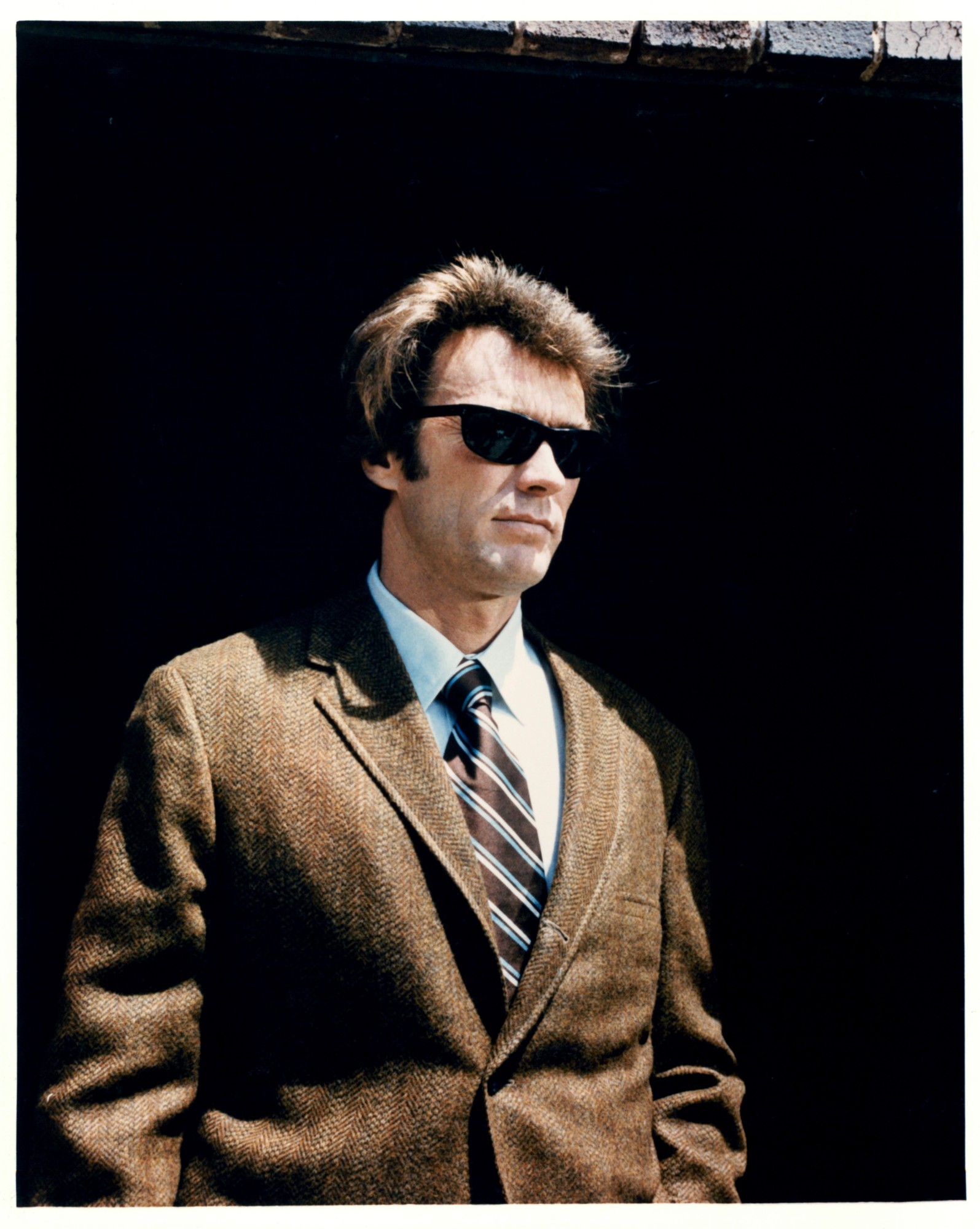
Clint Eastwoods greatest role
While Dirty Harry spawned a franchise, the first film is a towering work where Hollywood finally, truly indulged in onscreen violence, which was A-OK in its justification by Harry’s misguided righteousness. Epitomizing the miasma of an amoral decade is Eastwood’s rhetorical question, “Do you feel lucky, punk?” Getty Images / Nostalgic America, Inc.
Rocky (1976) ©United Artists
After years struggling to make it as an actor, Sylvester Stallone nearly gave up a career in acting until he slowly accrued work as a TV extra. Then, he stepped into the ring with Rocky, and he’s never been the same ever since. Getty Images / Nostalgic America, Inc.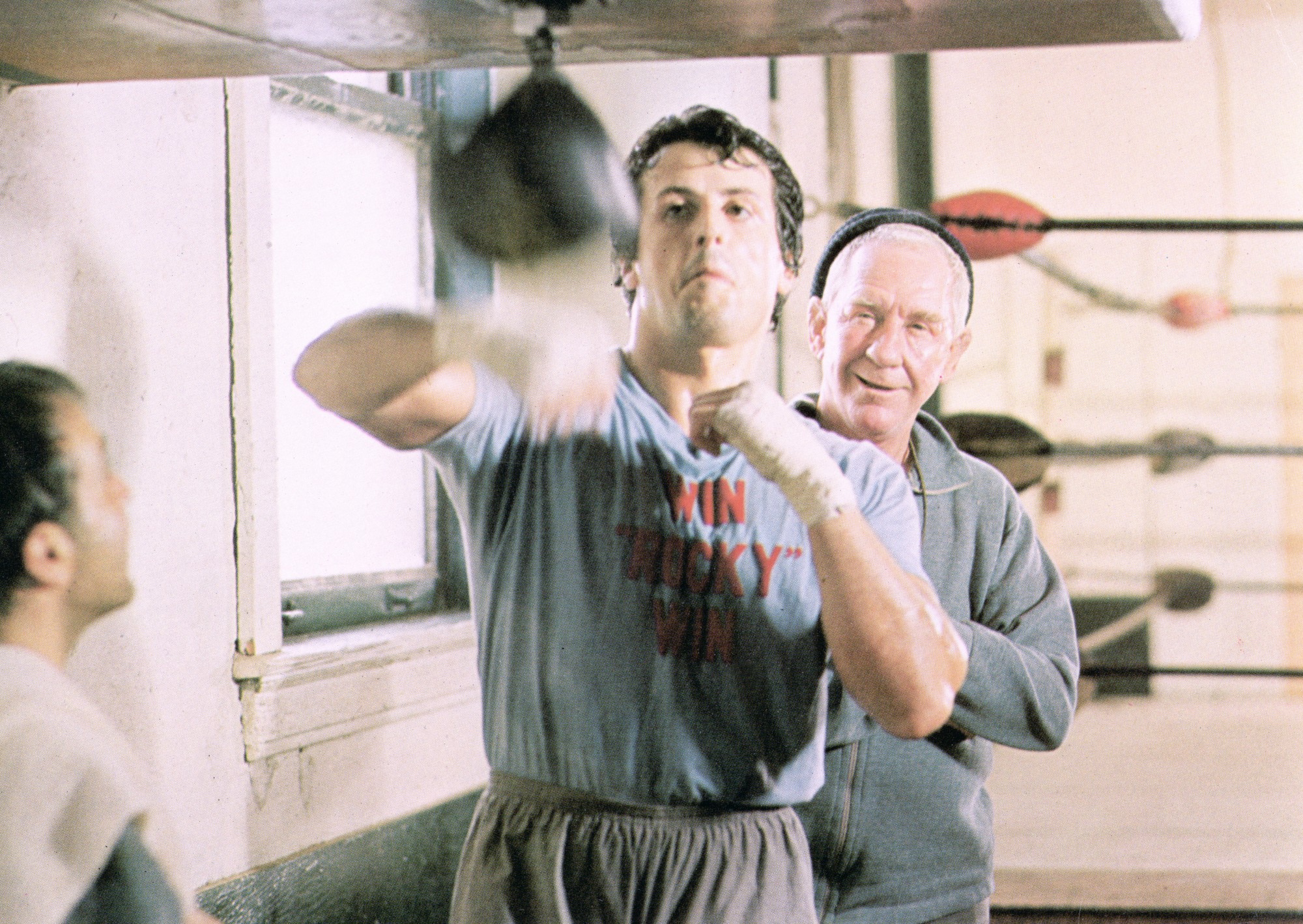
Stallone plays aspiring boxer Rocky Balboa
In John G. Avildsen’s emotional sports drama, Stallone plays aspiring boxer and debt collector Rocky Balboa who is thrust into the main event when heavyweight champion Apollo Creed (Carl Weathers) picks Rocky to fight in a professional exhibition. A stirring underdog sports drama that inspired countless movies like it, Rocky is still pound-for-pound one of the best sports films of all time. It predictably spawned a franchise, with Rocky III giving the world “Eye of the Tiger.” Getty Images / Nostalgic America, Inc.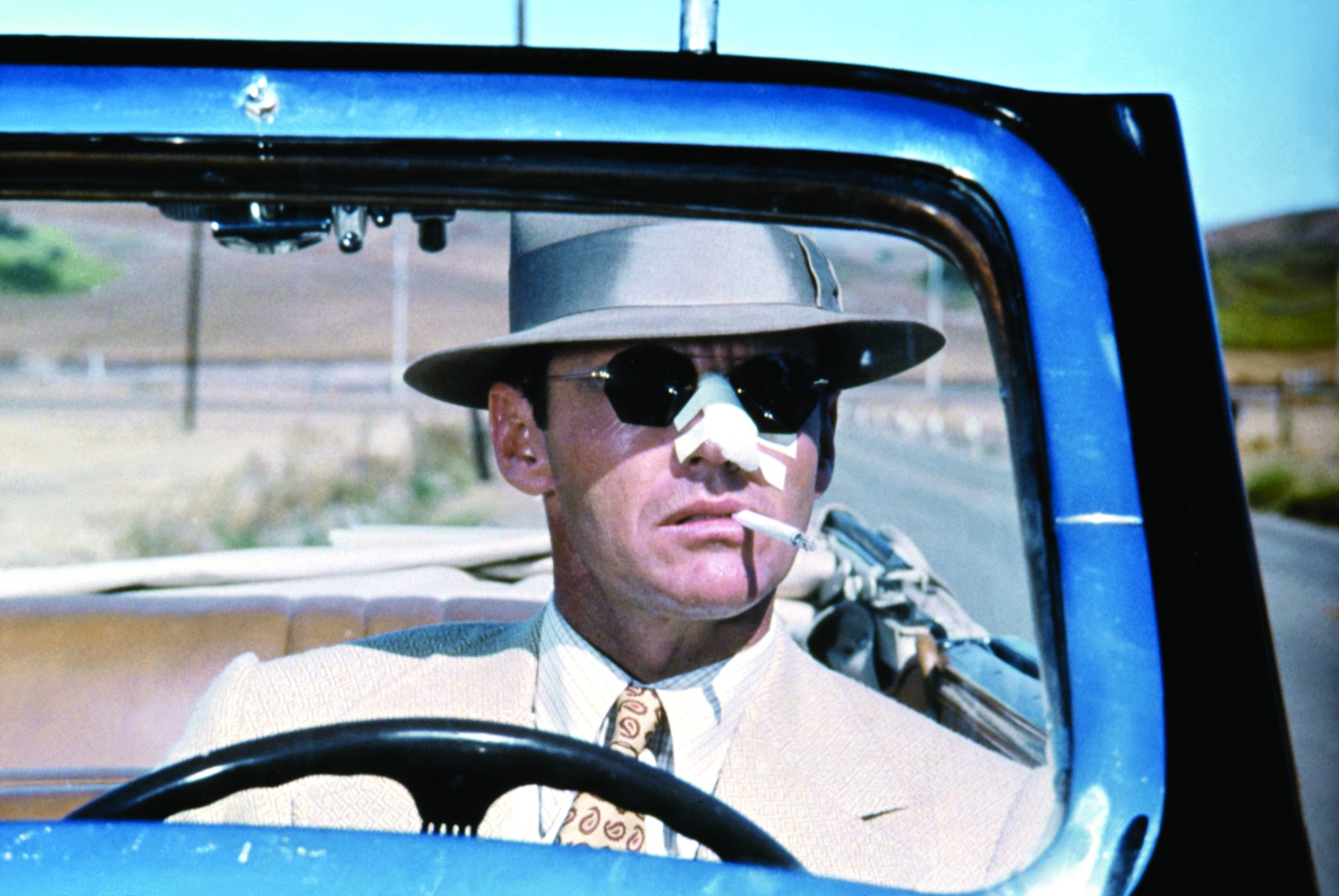
Chinatown (1974) ©Paramount Pictures
One can define Roman Polanski’s Chinatown by its final line: “Forget it, Jake. It’s Chinatown.” Its premise is deceptively simple: Set in 1937, a woman (Faye Dunaway) hires a private investigator, Jake Gittes (Jack Nicholson) to trail her husband on suspicion of infidelity. Getty Images / Nostalgic America, Inc.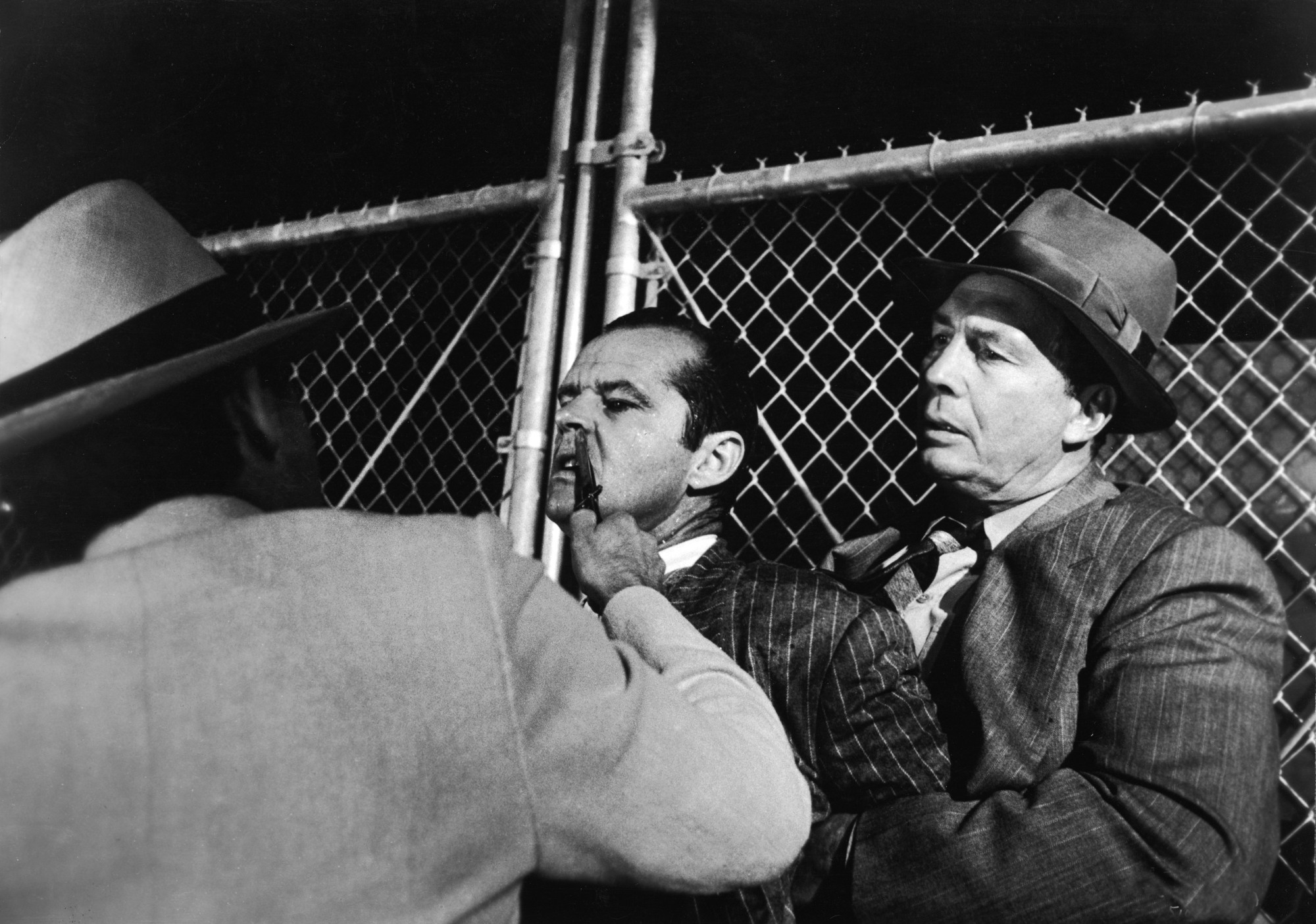
Jack Nicholson in one of his finest roles
What actually happens is a multi-layered excavation into the dark depths that mankind is disturbingly capable of, with the film using film noir and mystery conventions to really function as a psychological drama. Chinatown is not just a location in the movie but a metaphor for chaos, evil, and futility, where the best and most moral thing one can do is to do nothing. Getty Images / Nostalgic America, Inc.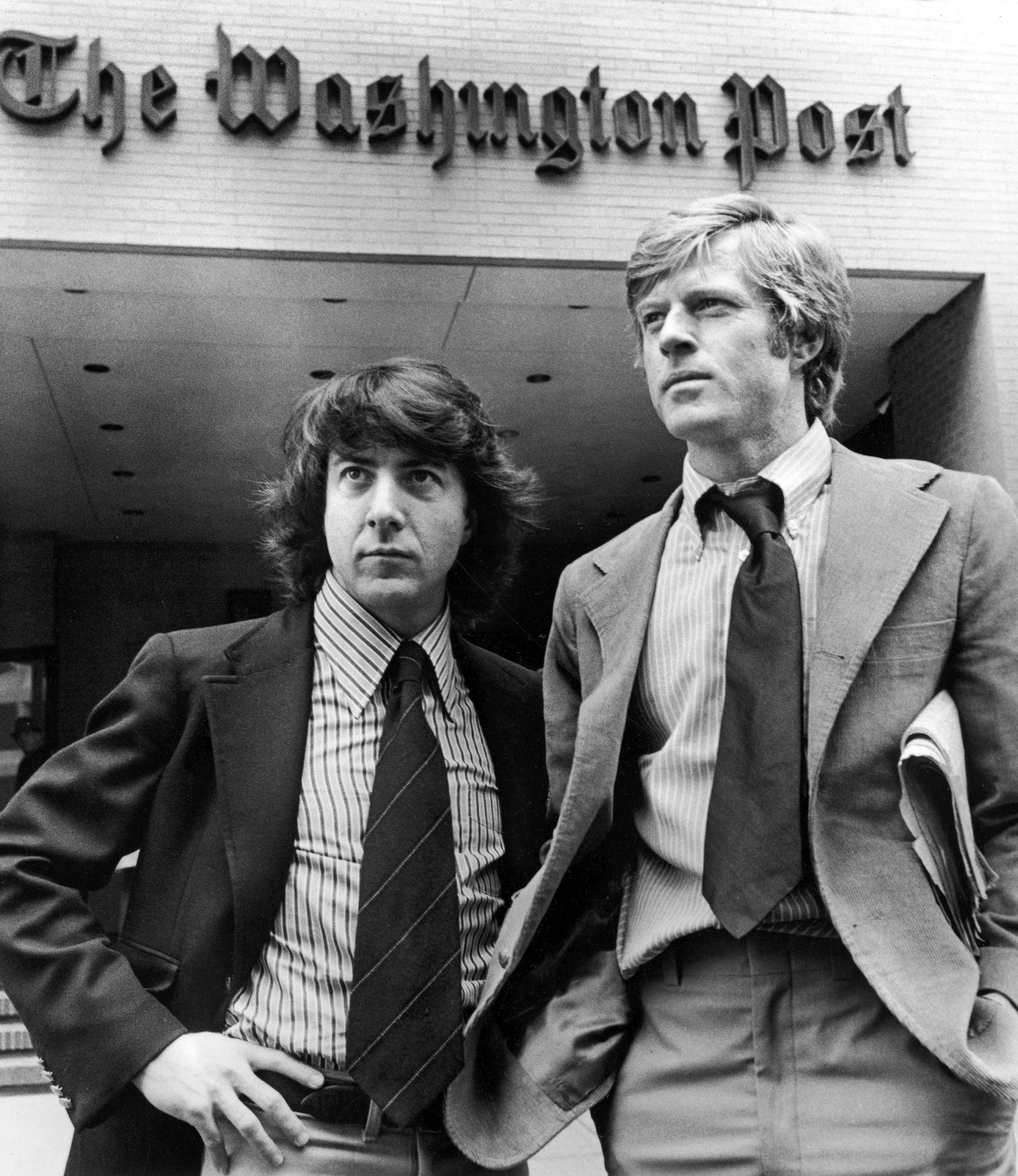
All the President’s Men (1976) ©Warner Bros.
Something happened on June 17, 1972 at the Democratic National Committee headquarters in Washington D.C. That something was the Watergate Scandal, which became a book by Washington Post journalists Carl Bernstein and Bob Woodward. Four years later, Bernstein and Woodward’s investigation became one of the decade’s most defining films: All the President’s Men, directed by Alan J. Pakula. A picture that champions ingenuity and virtuous principles under ruthlessly crooked rule, All the President’s Men is riveting precisely for its unglamorous look into the stubborn persistence of gumshoe journalism. It’s a profession full of closed doors, ignored phone calls, and anonymous cryptic conversations. Even so, Pakula’s film never stops being so enthralling as two men seek the truth when no one else is capable of doing the work. Getty Images / Nostalgic America, Inc.
Dudley Moore and Bo Derek in 10
Dudley Moore and Bo Derek in 10 created one of the most memorable romantic comedies of the late 1970s. The film became famous for its hilarious moments and Derek’s now-iconic beach scene. Getty Images / Nostalgic America, Inc.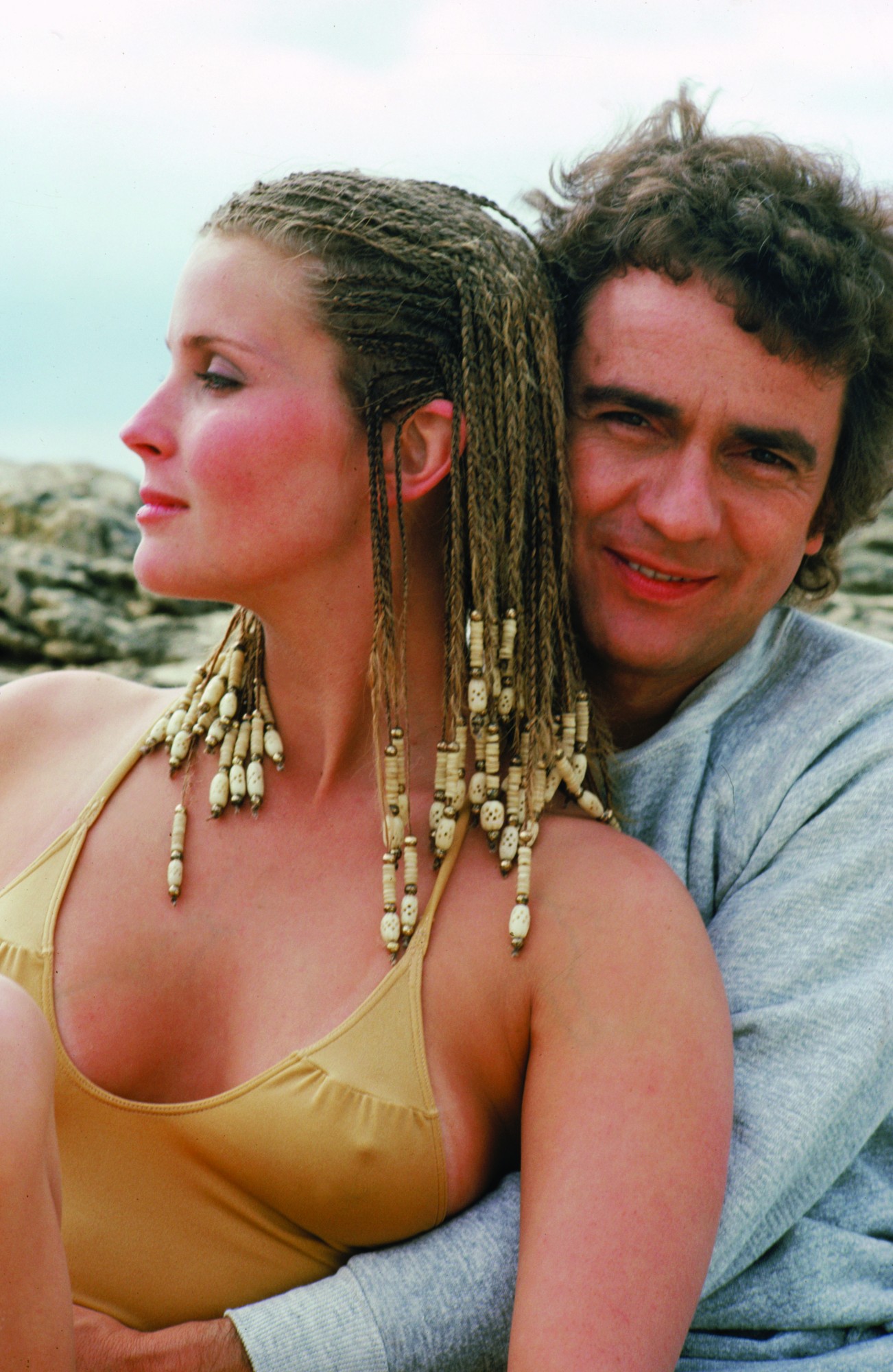
Movie 10 (1979), starring Dudley Moore and Bo Derek
Movie 10 (1979), starring Dudley Moore and Bo Derek, is a romantic comedy that became an iconic film of its era. The story centers around George Webber (Moore), a successful but middle-aged composer, who becomes obsessed with a beautiful young woman, Jenny (Derek), whom he glimpses on her wedding day. His pursuit of Jenny leads to comedic misadventures and a midlife crisis as he questions his life choices. With Moore’s charming comedic timing and Derek’s breakout performance, the film explores themes of love, desire, and aging with a mix of humor and heart, making it a classic of the genre. Getty Images / Nostalgic America, Inc.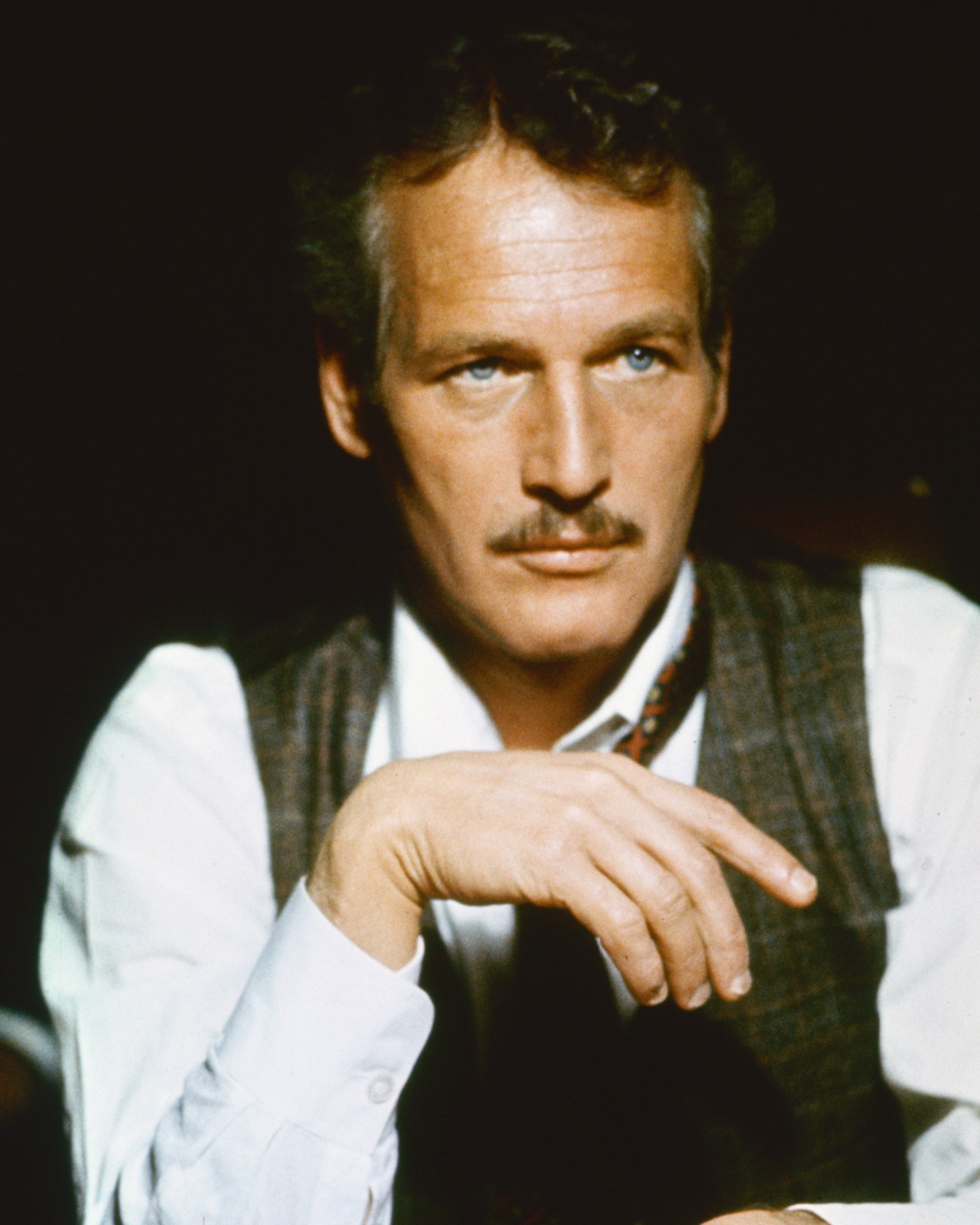
The Sting (1973) ©Universal Pictures
A few years after collaborating with both Robert Redford and Paul Newman on Butch Cassidy and the Sundance Kid, director George Roy Hill reunited with the two decorated performers on another cinematic stunner, The Sting. This impeccably stylish nostalgic crime caper, set during the Great Depression, tells of two grifters who team up to con a mob boss. Getty Images / Nostalgic America, Inc.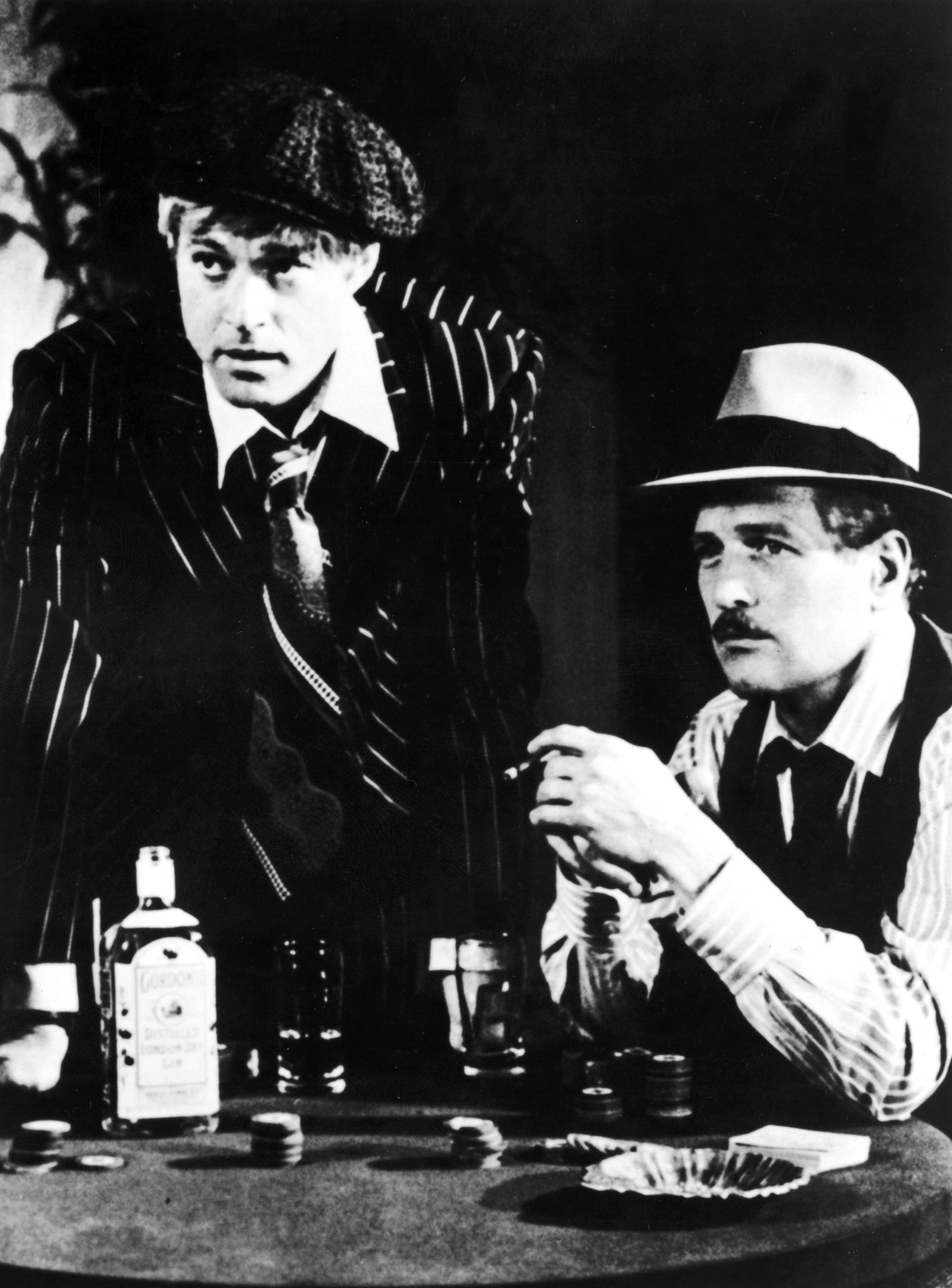
Paul Newman and Robert Redford steal the show - They are amazing!
The characters’ impossibly elaborate schemes are complimented by their fine clothing, an easygoing ragtime soundtrack, and an overall distinguished aesthetic design that purposefully call to mind the feeling of flipping through dusty copies of The Saturday Evening Post. With Redford and Newman firing on all cylinders, it’s just too easy for The Sting to play you like a sucker. Getty Images / Nostalgic America, Inc.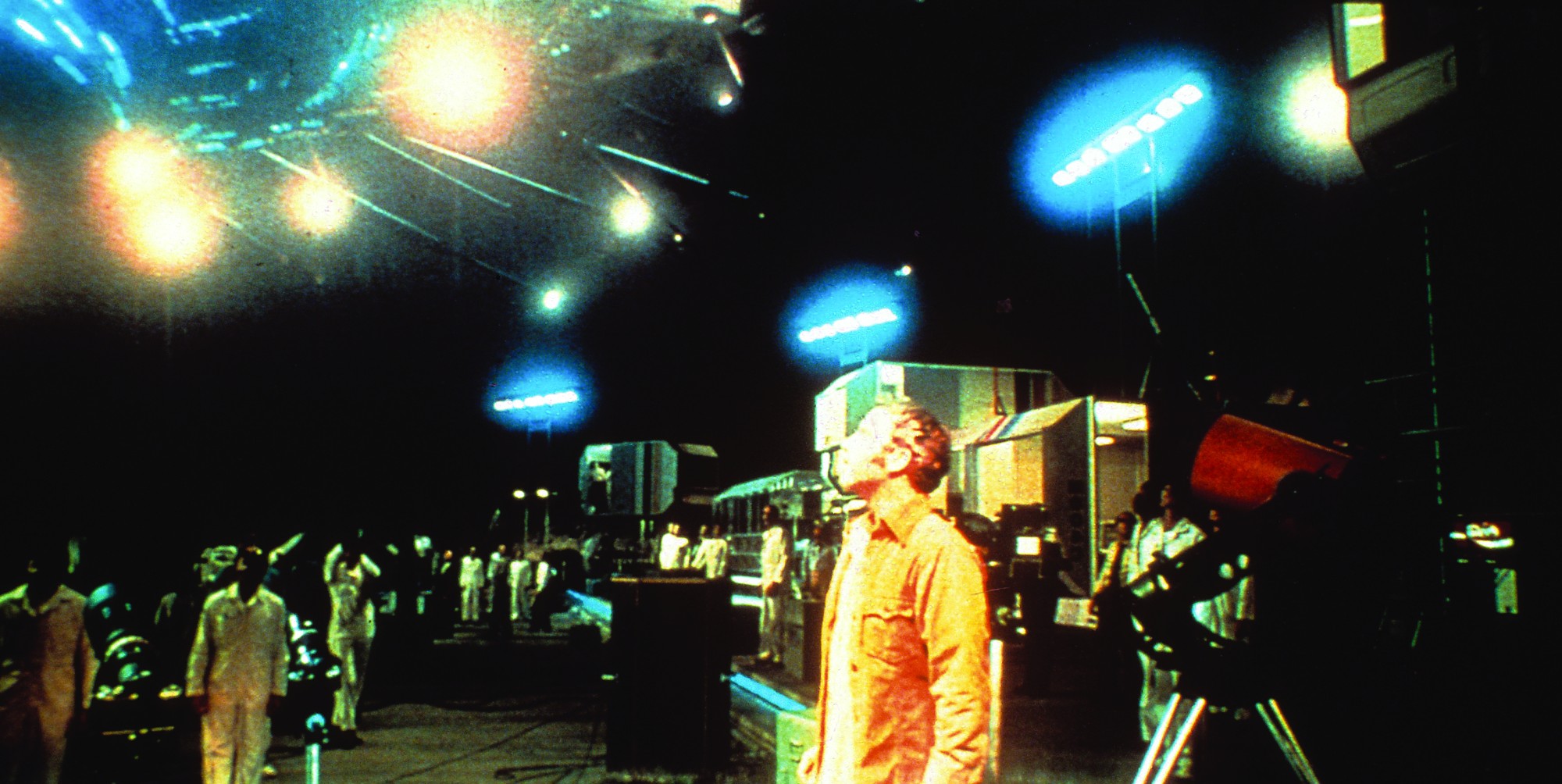
Close Encounters of the Third Kind (1977) ©Sony Pictures
Predating Steven Spielberg’s own seismic movie E.T.: The Extra-Terrestrial is his 1977 epic Close Encounters of the Third Kind. After a chance encounter with a UFO, an Indiana electrician (Richard Dreyfuss) finds his way into getting a front row seat with the first official meeting between Earth and an alien society. Getty Images / Nostalgic America, Inc.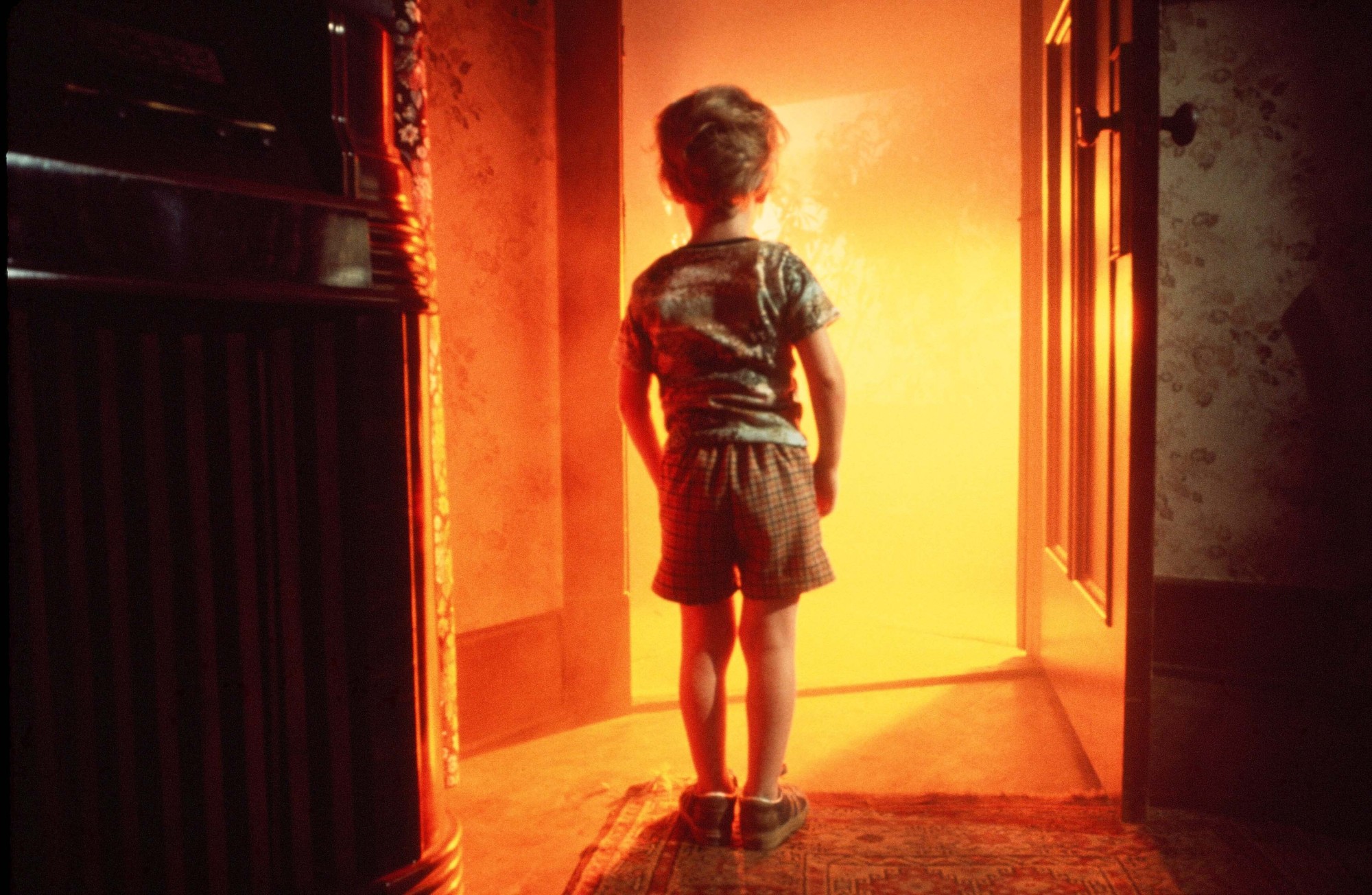
Close Encounters of the Third Kind
A dazzling spectacle with a particularly regal tone and atmosphere than most alien invasion movies before or since, Close Encounters of the Third Kind was the harbinger to a near future full of mature science fiction. Getty Images / Nostalgic America, Inc.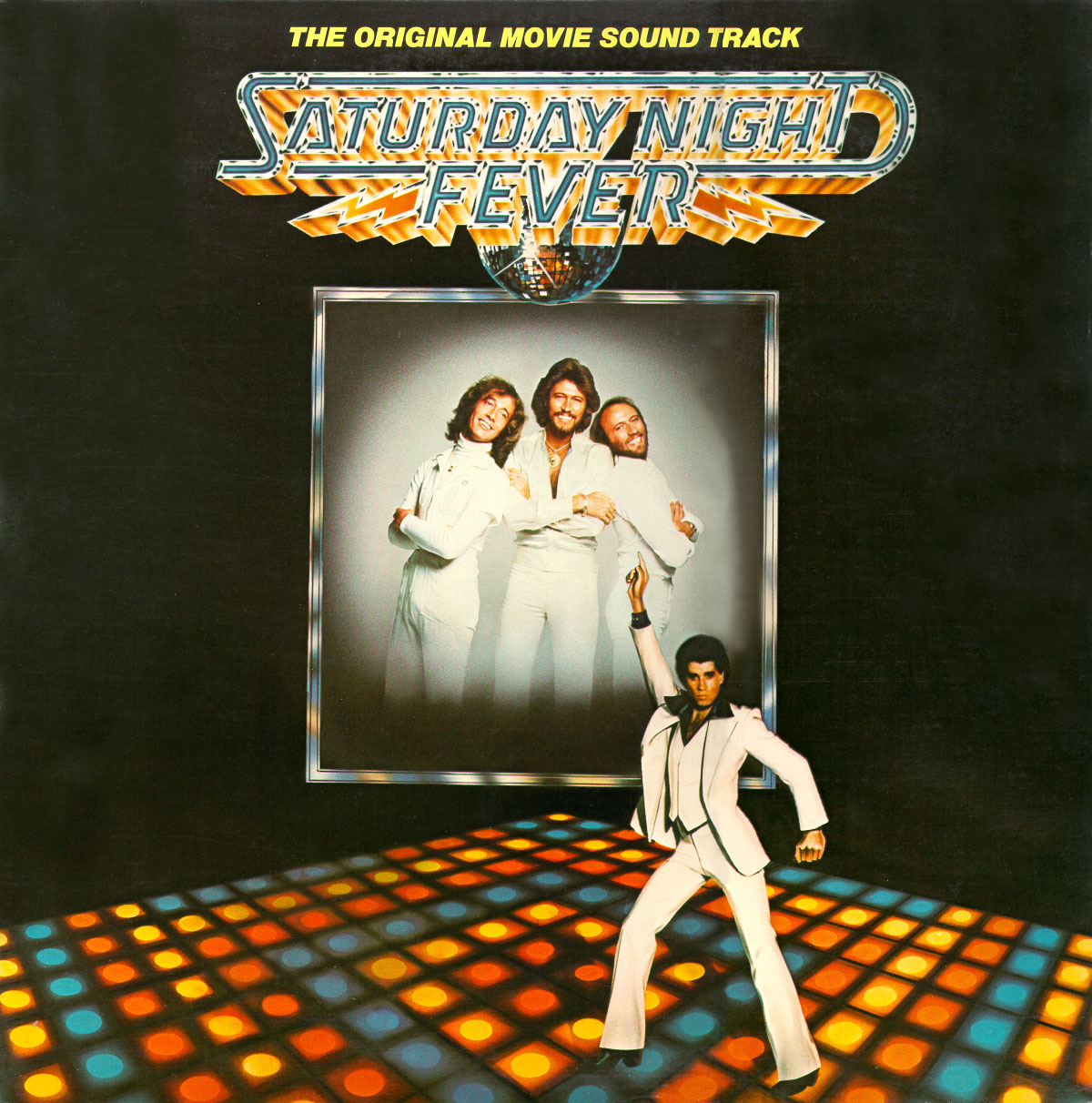
Saturday Night Fever (1977) ©Paramount Pictures
Nothing defines the 1970s like disco, and no movie defines disco like John Badham’s Saturday Night Fever. Between its monster hit soundtrack and a young John Travolta swaying like a hysterical peacock, Saturday Night Fever is an assault to the senses that doesn’t shy from peering into the dark corners of the discotheque. Getty Images / Nostalgic America, Inc.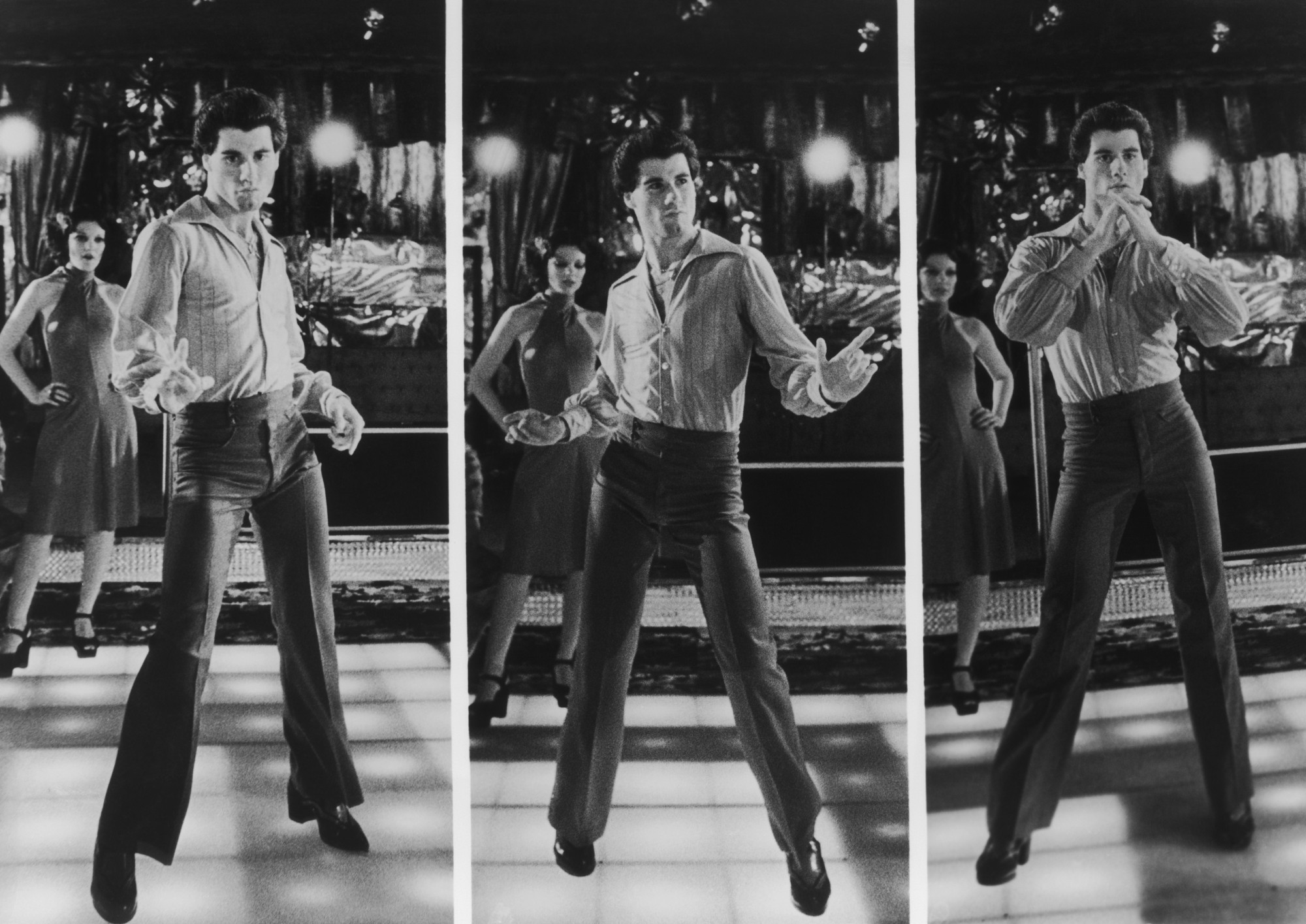
Saturday Night Fever really made disco America’s obsession
Travolta plays a working class 19 year old who grinds at his hardware store job during the week to live like a king every Saturday night at his favorite nightclub. While the magazine article the movie was inspired by turned out to be a farce, Saturday Night Fever really made disco America’s obsession for an unforgettable moment in time. Getty Images / Nostalgic America, Inc.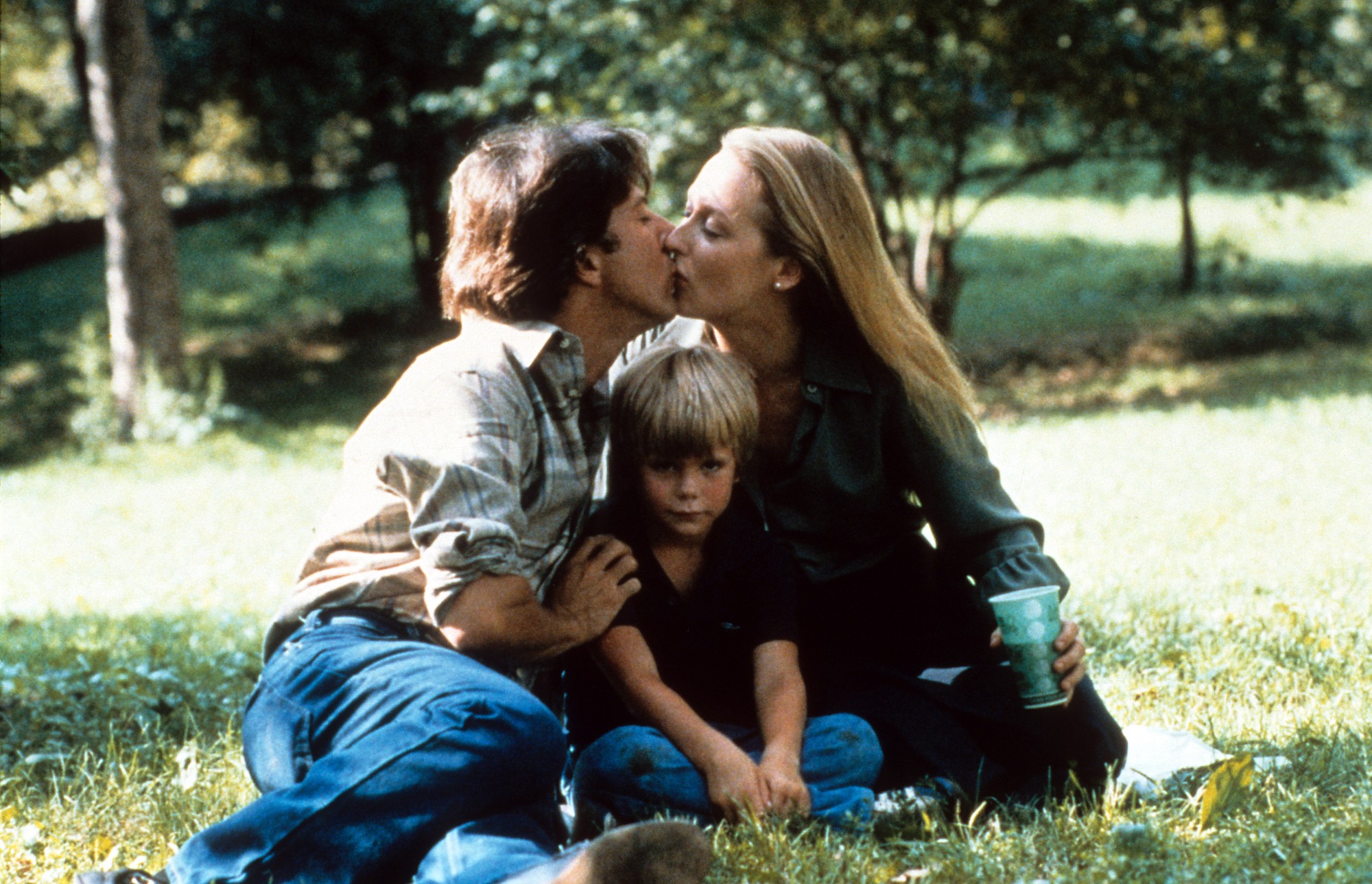
Kramer vs. Kramer (1979) ©Columbia Pictures
In Robert Benton’s heartbreaking drama, based on a 1977 novel by Avery Corman, a bitter divorce between a young couple – played by Meryl Streep and Dustin Huffman – reveals the many ways society heaps burdensome expectations on people to raise a family that their knees buckle underneath. Getty Images / Nostalgic America, Inc.